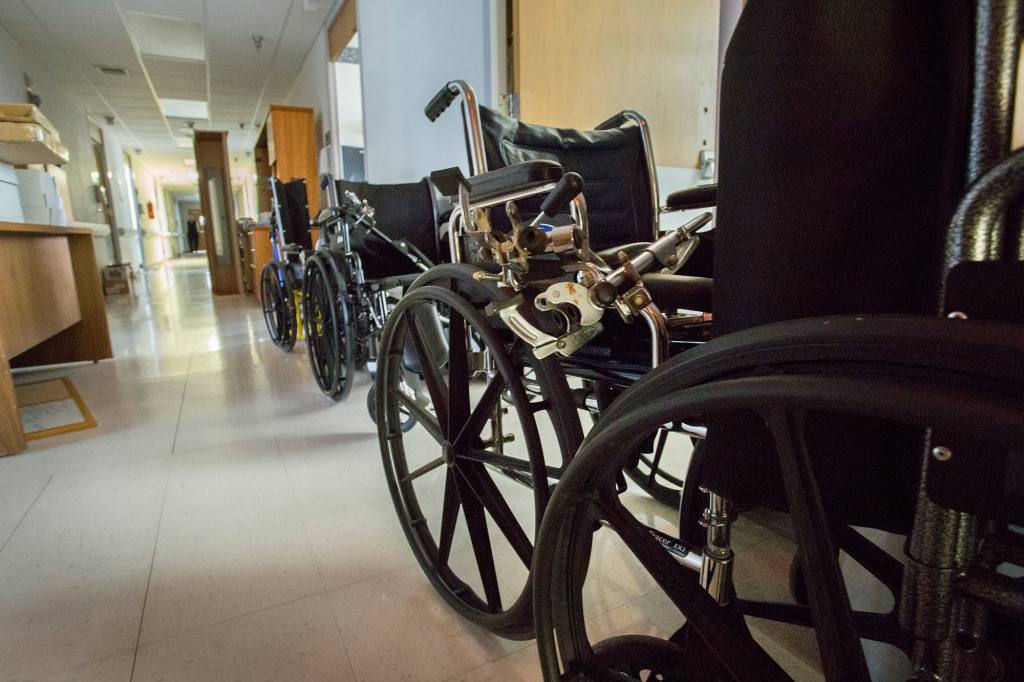The Future of Health: How Preventive Care is Transforming Modern Medicine

In the past, healthcare often focused on treating illnesses after they appeared. Today, that paradigm is rapidly changing. Modern medicine is evolving toward prevention—using technology, data, and lifestyle science to stop diseases before they start. From genetic screening to wearable tech and precision nutrition, preventive care is revolutionizing the way we understand health, wellness, and longevity.
1. The Shift from Treatment to Prevention
For decades, healthcare systems worldwide have been largely reactive. Doctors treated diseases only after symptoms arose. But this approach has proven costly and, in many cases, insufficient. According to the World Health Organization (WHO), up to 80% of chronic conditions such as heart disease, diabetes, and certain cancers can be prevented with early interventions and lifestyle adjustments.
This growing awareness has pushed healthcare toward a preventive model—one that emphasizes early detection, healthy living, and risk reduction. It’s not only about living longer, but living healthier, more productive lives.
2. The Role of Technology in Preventive Health
Digital innovation is at the heart of this transformation. Wearable devices, health-tracking apps, and telemedicine platforms are empowering people to monitor their health in real time.
-
Wearables and smart devices: Smartwatches and fitness trackers now monitor heart rate, sleep quality, oxygen saturation, and even stress levels. Some devices can detect irregular heart rhythms, potentially identifying atrial fibrillation—a major stroke risk—before symptoms appear.
-
Artificial intelligence (AI): AI-driven analytics can process enormous datasets from hospitals, genetic labs, and wearable devices to predict health risks. For instance, AI tools can identify early signs of Alzheimer’s or cancer long before symptoms manifest.
-
Telehealth and virtual care: Remote consultations make preventive checkups more accessible, especially for people in rural or underserved areas. Virtual platforms enable continuous follow-up, encouraging patients to stay proactive about their health.
This convergence of technology and medicine has made prevention more personalized, accessible, and data-driven than ever before.
3. Genetic Screening and Personalized Prevention
One of the most promising developments in preventive healthcare is genetic screening. Advances in genomics allow scientists to identify individuals at higher risk for specific conditions, from breast cancer to heart disease.
For example, people with mutations in the BRCA1 or BRCA2 genes have a significantly higher chance of developing breast or ovarian cancer. With early knowledge of these genetic risks, individuals can take preventive steps such as enhanced screenings, lifestyle changes, or even prophylactic treatments.
Genetic testing is becoming increasingly affordable and widely available. It’s no longer a luxury reserved for the wealthy—direct-to-consumer DNA kits have made it possible for anyone to access insights into their health predispositions. However, experts emphasize the need for medical guidance in interpreting these results responsibly.

4. Nutrition and Lifestyle as Medicine
Preventive health isn’t just about technology—it’s also deeply rooted in everyday choices. Nutrition, exercise, and stress management remain the most effective and accessible forms of preventive care.
-
Diet and disease prevention: A balanced diet rich in fruits, vegetables, lean proteins, and whole grains can significantly reduce the risk of chronic diseases. The Mediterranean diet, for example, is linked to lower rates of cardiovascular disease and improved brain health.
-
Exercise as a preventive tool: Regular physical activity helps control weight, boosts immunity, strengthens the heart, and reduces anxiety and depression. The WHO recommends at least 150 minutes of moderate-intensity exercise weekly to maintain optimal health.
-
Mental wellness: Chronic stress can weaken the immune system and contribute to numerous health issues, including hypertension and digestive problems. Practices such as meditation, yoga, and mindfulness have been proven to lower stress hormones and promote overall well-being.
Preventive care recognizes that health isn’t just the absence of illness—it’s the active cultivation of physical, mental, and emotional balance.
5. Public Health and Policy in Prevention
Governments and healthcare organizations are increasingly prioritizing preventive strategies through education, vaccination programs, and community-based interventions. Policies promoting healthier food options, restricting tobacco and alcohol advertising, and improving urban infrastructure for walking and cycling all contribute to long-term health benefits.
Vaccination remains one of the most effective preventive tools in human history. From smallpox eradication to COVID-19 management, immunization programs have saved millions of lives and reduced global disease burdens.
Moreover, public health campaigns that promote screening for conditions like hypertension, diabetes, and certain cancers have shown that early detection significantly improves treatment outcomes and reduces healthcare costs.
6. Challenges in Implementing Preventive Healthcare
Despite its promise, preventive healthcare faces several challenges. One of the biggest barriers is access and affordability. Many people still lack insurance coverage or live in regions without reliable healthcare infrastructure. Without systemic support, preventive care can remain out of reach for vulnerable populations.
Another obstacle is behavioral resistance. Many individuals are aware of healthy habits but fail to implement them consistently. Changing long-standing behaviors requires sustained motivation, education, and community support.
Additionally, while digital health tools offer great promise, concerns about data privacy and accuracy persist. Balancing innovation with ethical standards will be key to building trust in preventive technologies.
7. The Future: Precision Prevention and Longevity Medicine
The future of health is moving toward precision prevention—a highly individualized approach that combines genomics, biomarkers, and AI analytics to tailor preventive strategies for each person. This field, sometimes referred to as longevity medicine, aims not just to extend life but to extend healthspan, the number of years lived in good health.
Emerging areas such as microbiome research, epigenetics, and regenerative medicine will further refine our understanding of prevention. Scientists are uncovering how gut bacteria influence immunity, metabolism, and even mental health—offering new possibilities for personalized preventive therapies.
At the same time, longevity clinics and digital health platforms are beginning to integrate continuous monitoring, early diagnostics, and lifestyle coaching into everyday life. In the coming decade, healthcare may shift from hospital-based interventions to home-based, AI-supported wellness ecosystems.

8. Conclusion: A Healthier Tomorrow Starts Today
Preventive healthcare represents the most transformative shift in modern medicine. By focusing on early detection, personalized care, and healthy lifestyles, we can dramatically reduce disease burdens and improve quality of life.
But prevention is not just a medical strategy—it’s a mindset. It requires individuals to take ownership of their health, supported by smart technologies, scientific innovation, and informed public policy.
As we enter an age where health data and digital tools empower us like never before, the message is clear: the future of medicine is prevention. And the best time to start investing in your health is now.









